Linking the dots: Hariri party, Syria militants, Beirut blast
A London-based online newspaper has revealed that the ship whose contents caused the 2020 Beirut port explosion was paid for through a bank based in a Persian Gulf country.
More than 200 people were killed and about 6,500 wounded in the explosion at Beirut’s port last year, when a huge stockpile of ammonium nitrate, which had been stored unsafely at the port for years, detonated.
The explosion has left Lebanon’s economy — already reeling from multiple crises, including the breakdown of its banking system, spiraling inflation, and the coronavirus pandemic — in tatters.
Citing informed sources in a report published on Thursday, Rai al-Youm disclosed that the ship, from which the stockpile of ammonium nitrate shipment was confiscated, was paid for through a bank based in a Persian Gulf country, whose main branch is in Switzerland.
The sources explained that the shipment was most likely stored at the port of Beirut to be sent to armed opposition groups based on the Syrian-Lebanese border.
It is possible that then the transfer was stopped after the operation of the Lebanese army, the resistance and the Syrian army, and the expulsion of the mentioned armed groups from the region.
Welding hypothesis
The shipment was brought in by figures affiliated with Saad Hariri’s Future Movement, without the knowledge of Hariri himself, they said.
At the time of the incident, they continued, the stockpile of ammonium nitrate remained “neglected” in ward 12 in the port.
A nearby fire, as a result of welding by workers, led to the explosion, they suggested, stressing that based on the direction of the investigation, the welding hypothesis is the closest to the main cause of the explosion.
The revelation comes two weeks after supporters of Hezbollah and the Amal Movement protested against the judge investigating the catastrophic explosion.
At least seven people were killed and 32 others injured in the October 14 protest, which was held in the Tayouneh neighborhood of Beirut.
Hezbollah has said the Lebanese Forces (LF) political party, led by Samir Geagea, had organized the attack against the protesters with support by the United States to destabilize Lebanon.
Ex-PM sues state over probe
Meanwhile, Hezbollah Secretary General Sayyed Hassan Nasrallah has accused the judge investigating the Beirut explosion, Tarek Bitar, of “politically targeting” officials in his investigation.
Bitar had for months tried to question former Prime Minister Hasan Diab as well as ex-ministers Ali Hasan Khalil, Ghazi Zeiter, Nouhad Machnouk, and Youssef Finianos. Khalil and Zeiter belong to the Amal Movement, which is closely allied to Hezbollah.
On Thursday, Diab, who resigned in the wake of the Beirut blast, filed a suit against the state over his prosecution by Bitar for his alleged role in the disaster.
The suit means that Bitar must pause his prosecution of Diab once he is officially notified of the case, lawyer Nizar Saghieh of watchdog group Legal Agenda told Reuters.
Diab, who has been charged with negligence over the incidence, has missed at least two interrogation sessions scheduled by Bitar. Nearly all the senior officials he has sought to question have also spurned him.
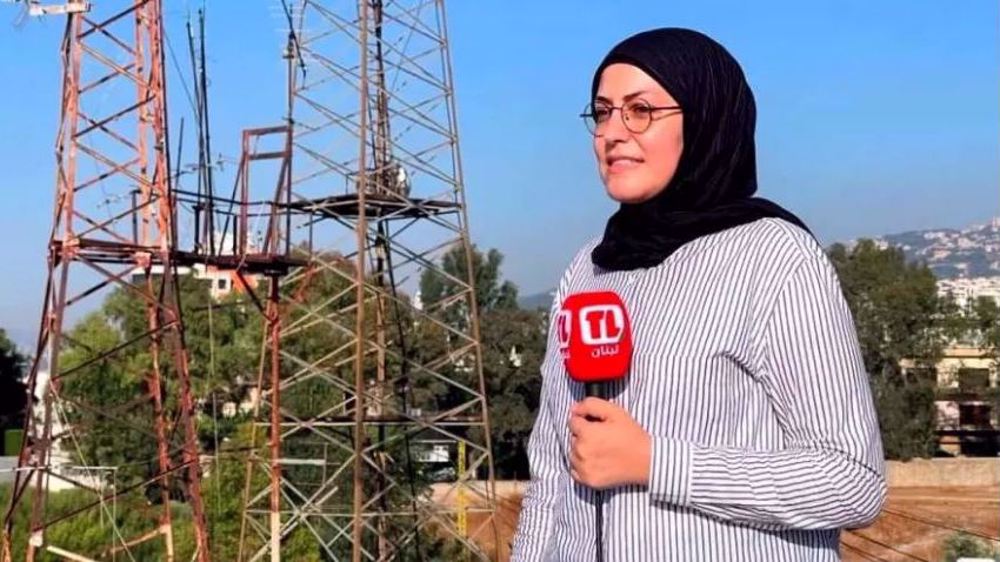
Lebanese reporter resigns due to Hijab ban
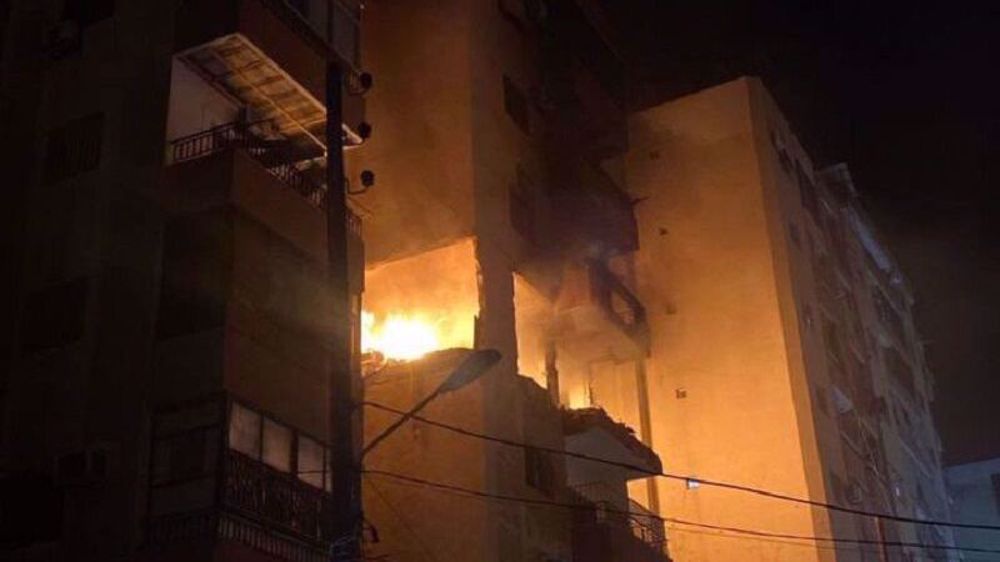
Israeli strike kills three, including Hamas official, in south Lebanon
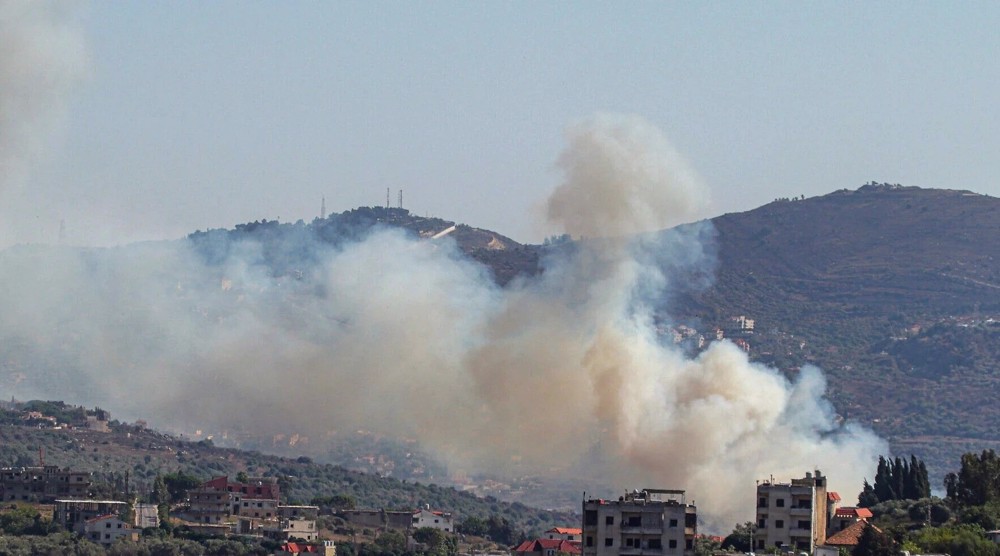
Israel targets ambulances, health center in Lebanon despite truce
VIDEO | British Medical Association cancels pro-Palestinian doctor’s speech
Trump admin. to freeze Brown grants, impose Harvard restrictions over pro-Palestinian protests
VIDEO | Yarmouk demonstrations condemn Israeli attacks on Syria, Palestine
VIDEO | Indian parliament approves controversial Muslim Waqf law
Yemen's army targets Tel Aviv, downs Giant Shark F360 drone in Sa’daa amid Israel’s genocide in Gaza
Islamic scholars issue fatwa urging Muslim nations to support Palestinian resistance
VIDEO | Trump trade war
Houthi: Intensified US aggression against Yemen failed


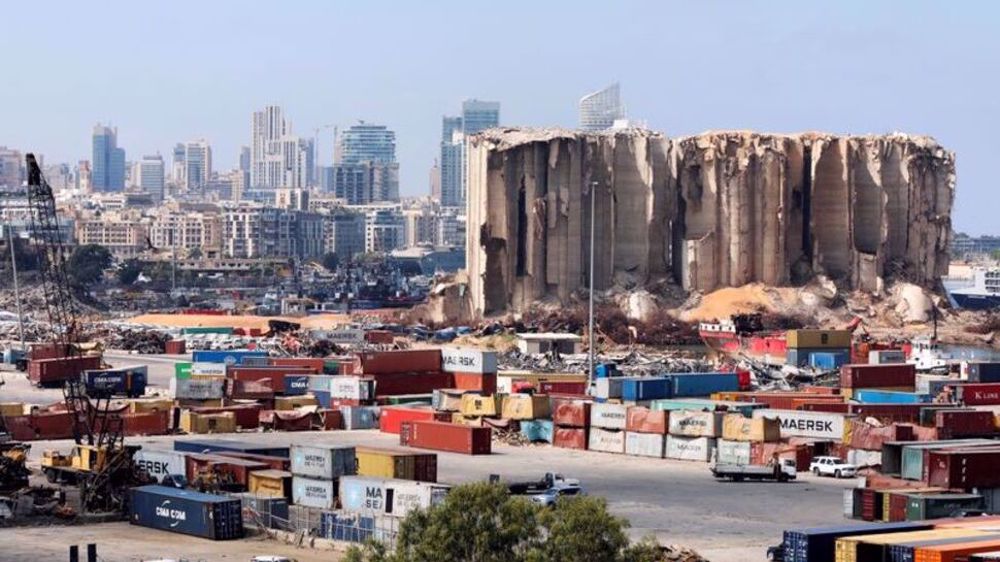
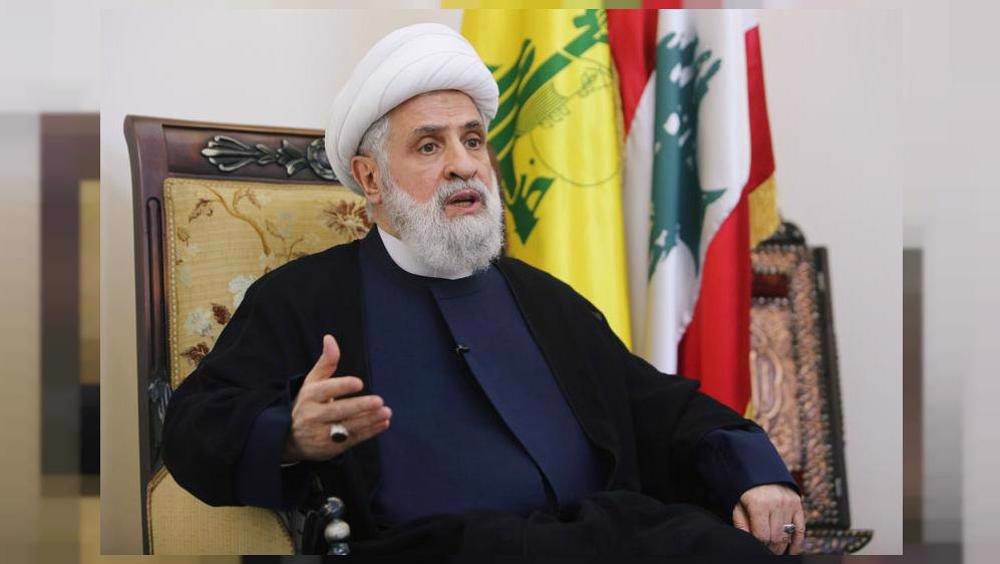
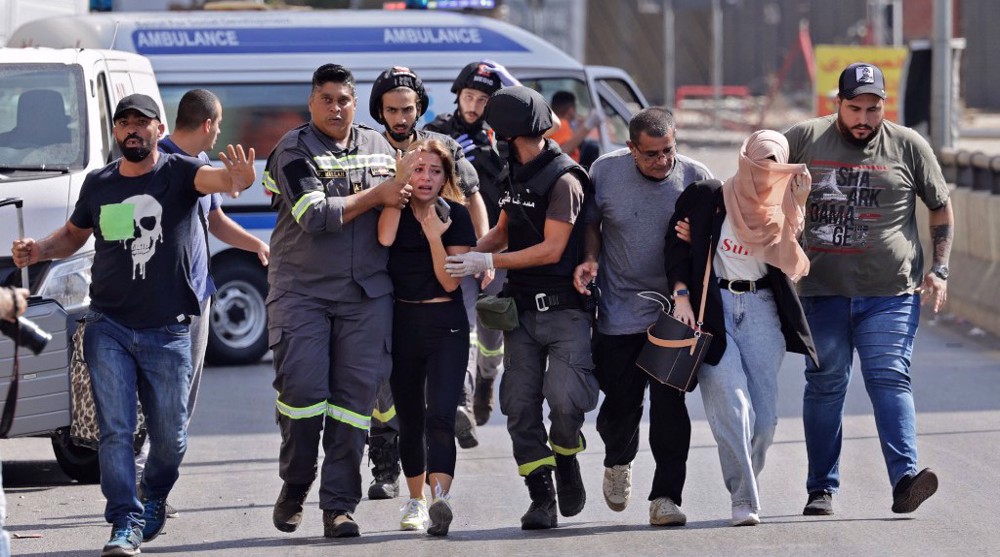



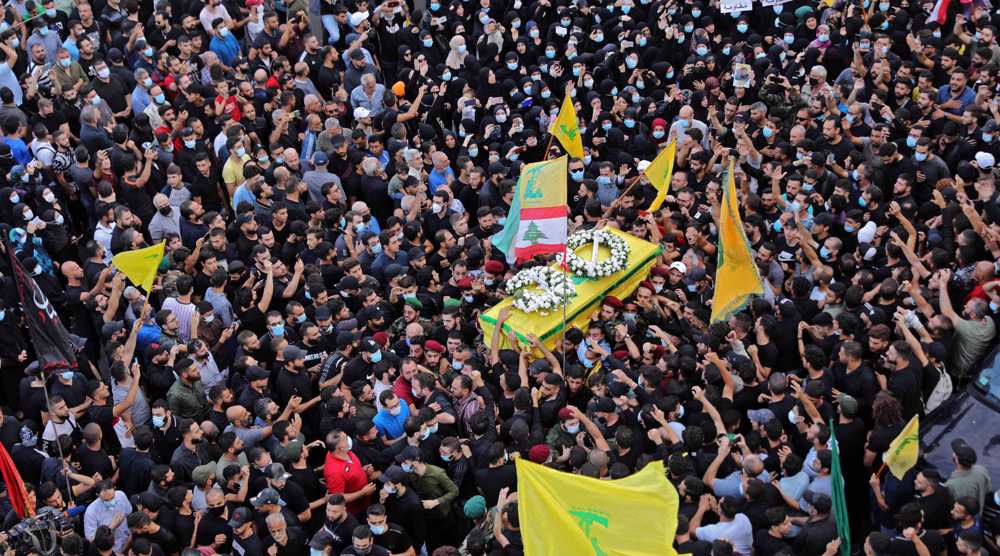
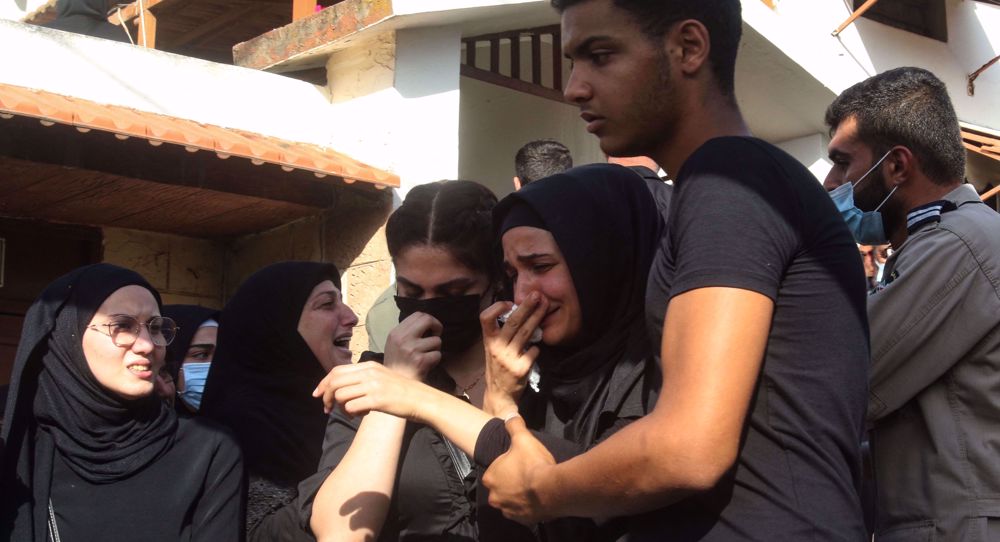
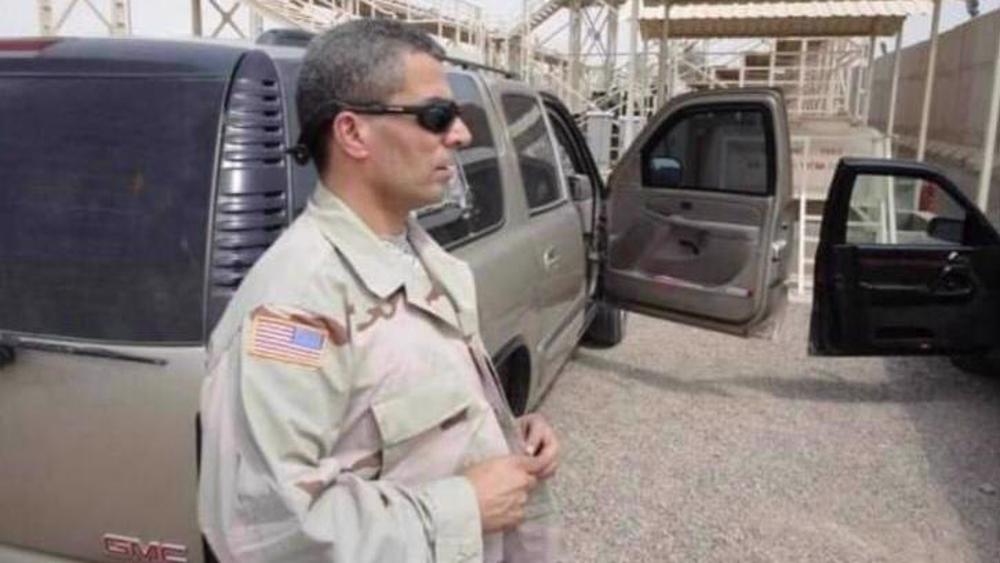
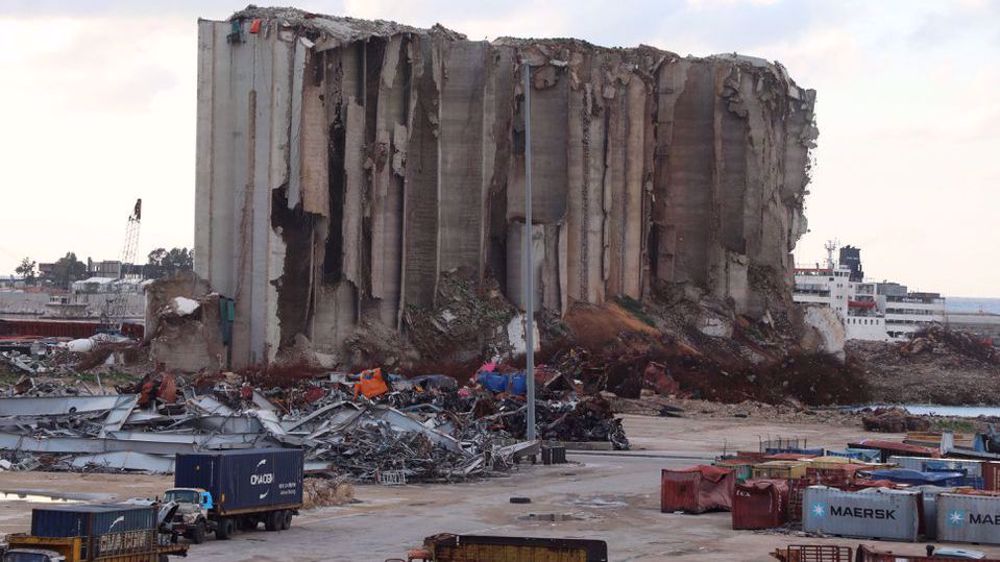
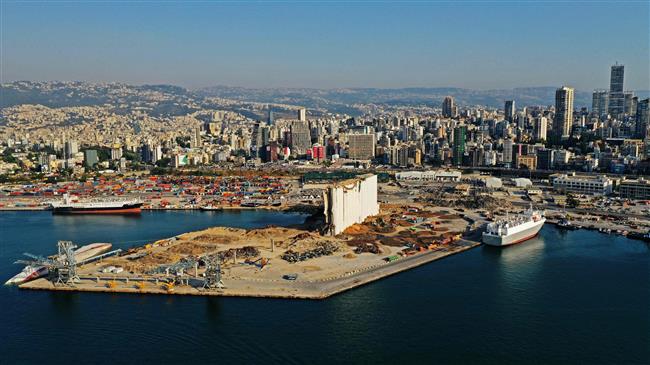

 This makes it easy to access the Press TV website
This makes it easy to access the Press TV website